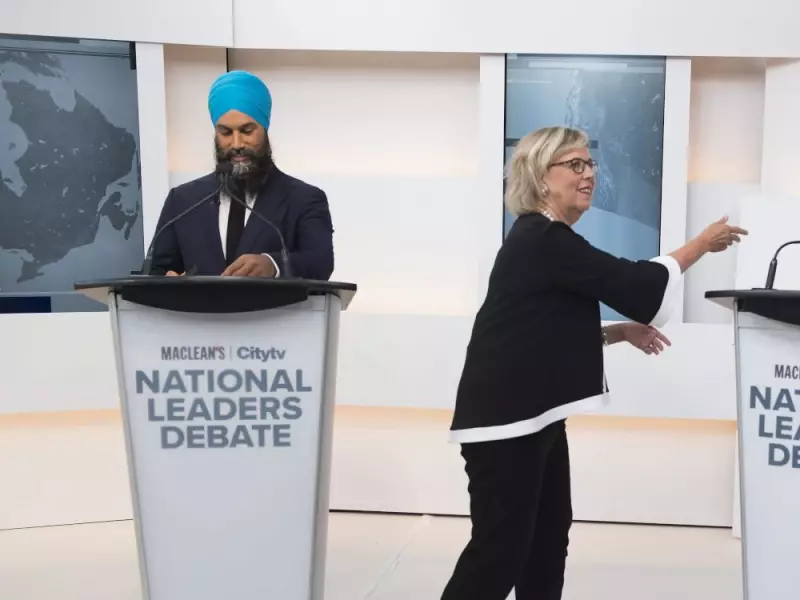
As someone who witnessed British Columbia's climate policy machinery from the inside, I've seen how well-intentioned environmental initiatives can spiral into economic nightmares for ordinary citizens. The alliance between the NDP and Green Party, while packaged as progressive climate leadership, has created a perfect storm of unaffordable living costs and questionable environmental returns.
The Reality Behind the Green Rhetoric
When politicians champion environmental causes, they often paint rosy pictures of green jobs and sustainable futures. The reality on the ground tells a different story. BC's aggressive carbon taxation and regulatory measures have disproportionately impacted middle-class and low-income families while achieving minimal environmental benefits.
What begins as theoretical policy in legislative chambers translates to real-world consequences: higher fuel prices, increased home heating costs, and growing business expenses that inevitably get passed down to consumers. The very people these policies claim to protect often bear the heaviest burden.
When Ideology Clashes with Practical Reality
The fundamental problem with BC's current approach to climate policy lies in the disconnect between political ideology and economic practicality. Decisions made in Victoria have ripple effects across every sector of the provincial economy, from agriculture to manufacturing to transportation.
Rather than implementing measured, evidence-based policies that balance environmental concerns with economic stability, the current government has pursued an agenda that often prioritizes political optics over practical outcomes. The result is a growing divide between policy objectives and their actual implementation.
The Human Cost of Climate Politics
Behind the statistics and policy debates are real people making difficult choices. I've spoken with families choosing between heating their homes and putting food on the table, small business owners struggling with compliance costs, and workers in traditional industries facing uncertain futures.
These aren't abstract economic concepts—they're daily realities for British Columbians who feel increasingly alienated by a political conversation that seems disconnected from their lived experiences. The narrative of "environment versus economy" creates false dichotomies that serve political interests but fail citizens.
A Path Forward: Balanced Environmental Stewardship
Effective climate policy doesn't have to come at the expense of economic prosperity. What's needed is a return to pragmatic approaches that acknowledge both environmental imperatives and economic realities. This means:
- Implementing gradual, predictable policy changes that allow businesses and families to adapt
- Focusing on innovation and technology rather than pure taxation and regulation
- Ensuring climate policies don't disproportionately impact vulnerable populations
- Measuring environmental outcomes rather than political victories
The conversation around climate change needs to evolve beyond partisan politics and embrace solutions that work for both the planet and the people who inhabit it. British Columbia deserves better than choosing between economic stability and environmental responsibility—we can and should have both.





